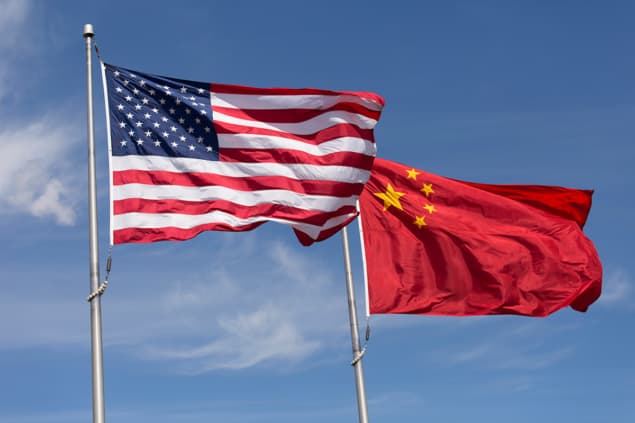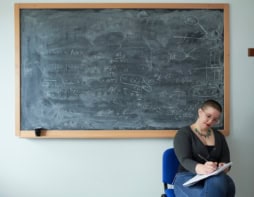
A federal jury in Illinois has found Mingqing Xiao, a mathematician at Southern Illinois University Carbondale, guilty of failing to report a Chinese bank account to tax authorities. Xiao’s sentencing on the tax charges is set for 11 August but his lawyers say they will appeal. Xiao’s case may be one of the last that is brought by the US government under its controversial China Initiative.
The China Initiative was introduced in 2018 to combat efforts by China’s government to acquire US technology illegally. The US Department of Justice (DOJ) applied it in a few successful prosecutions of individuals charged with theft of technology and intellectual property. But several failed cases against academic scientists of Chinese descent, who had received funds for research projects from Chinese universities, created concern that the department had targeted the scientists for their ethnicity rather than their actions. Protests by Asian-American groups persuaded the DOJ to change the programme’s name to “a strategy for countering nation-state threats”.
Yet the DOJ has continued to take researchers such as Xiao, who is a naturalized US citizen, to court. “The evidence established that Dr Xiao concealed foreign work and hid more than $100,000 of foreign assets in an account in China, and he was properly prosecuted and held accountable,” notes US attorney Steven Weinhoeft.
The US government, however, failed to prove three related grant fraud cases that charged Xiao with lying to his university and the National Science Foundation – from which he obtained $151,099 in grants – about his ties to China’s Shenzhen University. US district judge Staci Yandle threw out two of those charges and the jury quickly acquitted Xiao of the third.
According to Xaio’s legal team, the failure of those three grant fraud cases represents “a complete rebuke” of the China Initiative. “We are thankful that those counts were rejected by the court and the jury as we believe that they were unjust, improperly motivated, and unsupported by the facts and the law,” the team declared in a statement.
Xiao’s legal counsel Michelle Nasser told Physics World that the team was “very disappointed” in the verdicts on the tax charges and intends to appeal.
Xiao is currently on administrative leave at his university but has received significant support from the community. Students and faculty members have held protests on his behalf, with the rallying cry “I stand with Ming”. US Department of Justice reframes controversial China Initiative
A GoFundMe page set up to help fund his legal expenses notes that he “has contributed enormously to our local community for the past eight years”. As of today, the page has received over $42,000 towards its target of $350,000.
Meanwhile, another China Initiative case hangs in the balance. In early April a federal jury found University of Kansas chemical engineer Franklin Tao – the first academic charged under the China Initiative – guilty on three charges of wire fraud and one of making a false statement regarding his work for Fuzhou University.
However, comments by US district judge Julie Robinson before and after the jury’s announcement have persuaded Tao’s lawyer, Peter Zeidenberg, that Robinson might overturn the verdict.



